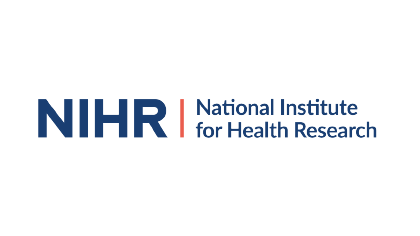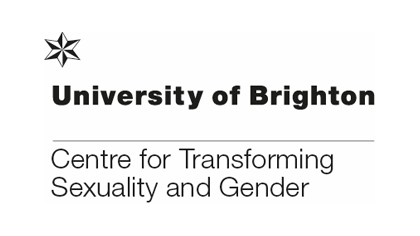Trust can be
defined as a belief in the reliability, ability or truth of something or someone. Trust in health care systems is associated with better health outcomes. Trust may be particularly important for LGBTQ+ young people who are at risk of marginalisation and discrimination.
Trust can be cultivated when the principles of Belonging and Safety are upheld.
To listen to what is written on this page, click below
This looks like:
Ensuring that LGBTQ+ young people can see a diverse range of experiences and identities represented in the service staff and volunteers; involving LGBTQ+ young people in establishing what safety means and looks like in the service; and offering continuity in the staff and volunteers young people see and interact with.
By contrast
When this is not achieved LGBTQ+ young people can feel VULNERABLE
Val* (young person) said “the youth workers are also helpful too and give you an adult’s perspective but a trans adult’s perspective so you can trust them because they know what you’re going through.”

*These quotations use pseudonyms and have been anonymised to protect participant’s identity.
Proudly supported by






